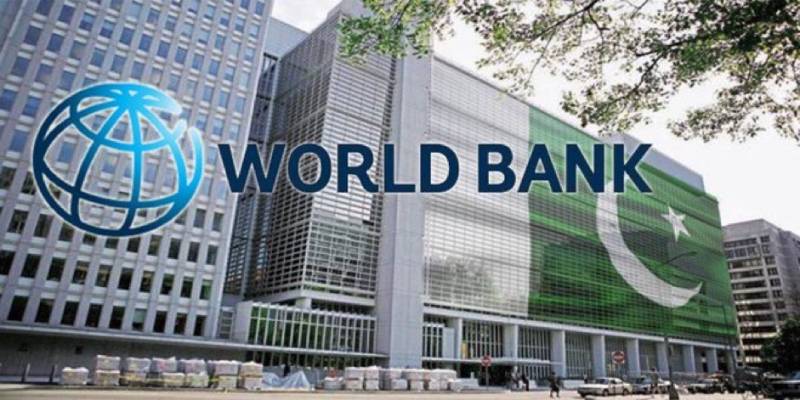World Bank advices Pakistan to follow India's economic model
Shares

The World Bank has stated that Pakistan is at a critical juncture of the crisis, where it must decide whether to continue with policies favoring the elite and decisions influenced by military, political, and business leaders that keep 40% of the population living below the poverty line or change course for a more sustainable future.
This clear warning from the World Bank comes ahead of the upcoming elections, emphasizing that international lenders and development partners can only provide advice based on global experiences and some financial assistance, but the difficult choices and implementation decisions lie within the country.
In Pakistan, the Country Director of the World Bank, Najy Benhassine, issued a set of policy notes for debate and discussion before the newly elected government takes office. He mentioned that it is a positive sign that countries with strong and sustained economic growth, such as India, Indonesia, and Vietnam, have made correct decisions during crises and successfully managed challenges. Pakistan has the opportunity to make policy changes in this direction.
He pointed out that Pakistan is facing multiple economic challenges, including inflation, increased electricity prices, weather shocks, and insufficient funding for development and climate adaptation. He further stated that Pakistan's economic model is not reducing poverty but is instead experiencing an alarming rise in child malnutrition, poor learning outcomes, and increased child mortality, primarily due to food insecurity.
Najy Benhassine also highlighted that Pakistan's poverty rate, as measured by the $3.20 per day threshold, had dropped to 34.3% by 2018 from 37.5% two decades ago but had now risen to 39.4%, with more than 12.5 million additional people falling below the poverty line, measured at $3.65 daily income.
According to the World Bank, Pakistan's average real per capita income increased by just 1.7% from 2000 to 2020, while South Asia as a region witnessed a 4% increase in per capita income, causing Pakistan to lag behind its neighboring countries.
The World Bank further stated that Pakistan's per capita income ranking in the region has declined from being a top country in South Asia in the 1980s to now being among the lower-ranked countries in the region. The World Bank suggests that through reforms, immediate spending reductions of about 1.3% and medium-term reductions of approximately 2.1% can be achieved, resulting in funds that should be used for healthcare, education, and sanitation.
